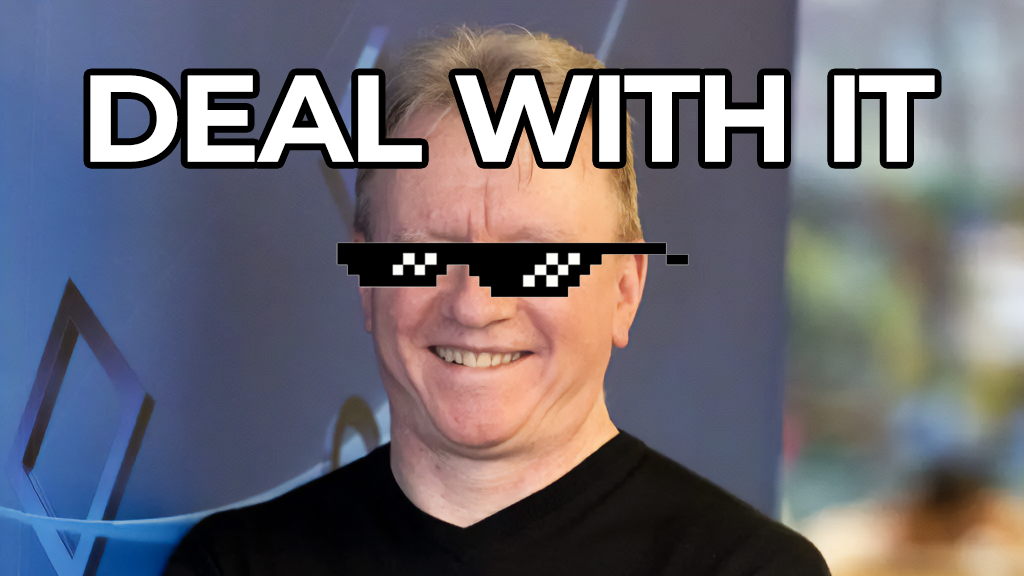What you need to know
- Yesterday, UK regulator the CMA published claims from both Sony and Microsoft with regards to the big Activision deal for Xbox.
- Microsoft is trying to purchase Call of Duty maker Activision for $69 billion dollars, as part of a push to get into mobile and PC gaming in a bigger way.
- Sony PlayStation is nervous about preserving the status quo, thinking that Call of Duty in Xbox Game Pass could harm its business (even if it benefits consumers at large).
- Sony also claimed that Microsoft hadn’t attempted to reach out to them to negotiate.
- That claim was directly contradicted by Activision CCO and EVP for corporate affairs today, noting that SIE president Jim Ryan said behind closed doors that Sony’s intent is not to negotiate, but simply block the deal.
Yesterday, Sony’s curious position on the UK regulatory body the CMA was published publicly as part of the regulatory process for the Activision-Blizzard deal. Therein, Sony made a range of bizarre claims without any substantive evidence, including “Microsoft will introduce bugs on purpose” into Call of Duty on PlayStation, while also claiming Microsoft hasn’t offered Sony any negotiations, despite publicly doing so.
Sony’s claims to the CMA can be read in full over here, and are easily debunked blow by blow by anyone with a shred of logic and a crayon. It potentially reveals a sense of desperation from the company over how the Activision-Microsoft merger could play out in the future, despite Microsoft’s best attempts at giving Sony peace of mind over how it will handle Activision’s portfolio. Microsoft has publicly stated that it will continue to treat Call of Duty on PlayStation how it treats Minecraft, Elder Scrolls Online, and the few dozen other Xbox games on the system. But now we know that Sony is merely arguing in bad faith.
Activision’s EVP for Corporate Affairs and CCO Lulu Cheng Meservey recently took to Twitter to contradict Sony’s claims, namely that Microsoft hasn’t offered PlayStation favorable terms for Call of Duty. She noted that SIE CEO and President Jim Ryan admitted on the record with EU regulators back in February that it isn’t looking for a deal for Call of Duty — it simply wants to block the merger.
The CEO of SIE answered that question in Brussels.In his words: “I don’t want a new Call of Duty deal. I just want to block your merger.”March 8, 2023
The claim directly contradicts Sony’s position with the UK CMA, wherein it states that Microsoft hasn’t attempted to negotiate with Sony for the future of Call of Duty.
Sony has been accused of misleading the UK regulator before, but the comments behind closed doors with EU regulators were more than likely on the record and provable, should UK regulators seek to gather evidence from the EU over the merger.
Windows Central’s Take
The UK has become something of the central regulatory battlefield for the Activision-Microsoft deal, given the rigid legal structure of UK regulatory policy and lack of recourse companies have to appeal decisions. The system needs to be overhauled and reworked potentially, especially given that UK Prime Minister Rishi Sunak is desperate to paint the UK as a haven for tech investment. The UK is so aggressively not a haven for tech investment, to the point that its biggest tech company, chip maker Arm, is seeking a listing on the U.S. stock exchange instead of the UK stock exchange.
Regulatory rigidity and years of poor policy planning and ignorant tech ministers (such as the one that asked Microsoft when it was going to “ban” the mathematical concept of algorithms) have destroyed the UK’s image as a serious player in the global tech industry. The CMA’s handling of this deal will be another blow to that foundation if it doesn’t wide up to Sony’s misleading claims.
As for Sony, they seem to realize how inept the UK establishment is when it comes to tech, and is cleverly exploiting it to achieve its business goals. I’ve written previously that I would hope Sony and Microsoft could put aside its differences and focus on cracking open Apple’s closed platform to the benefit of all of core gaming, but Sony seems to be too focused on the short term.





